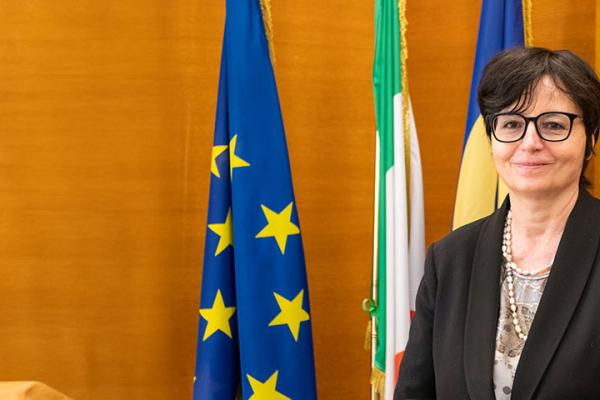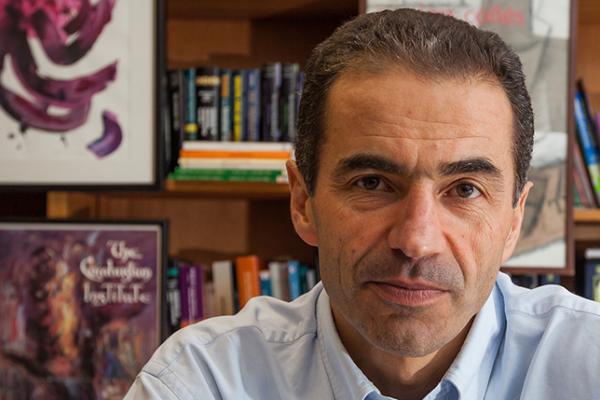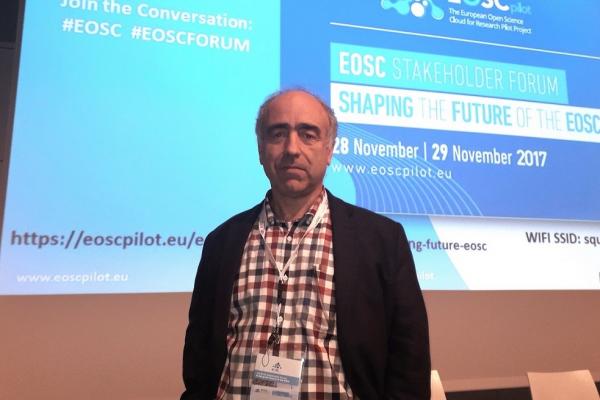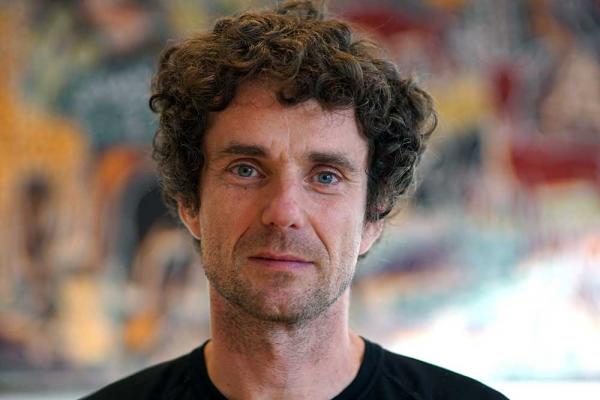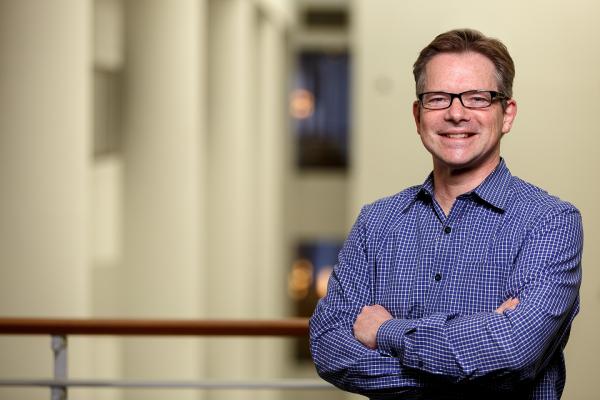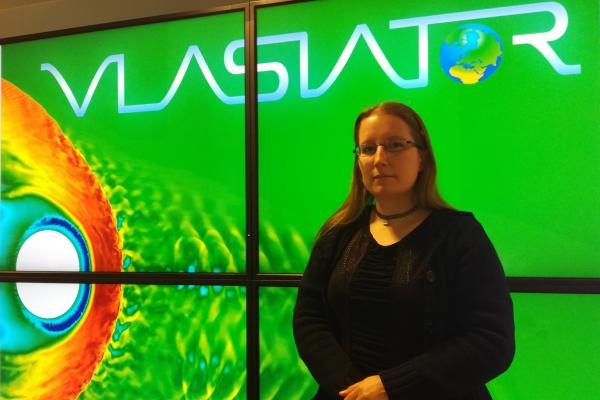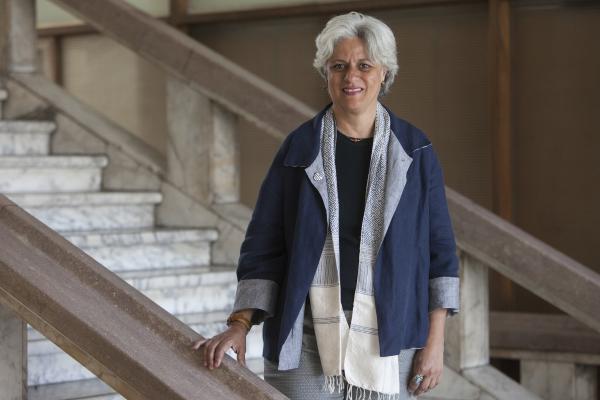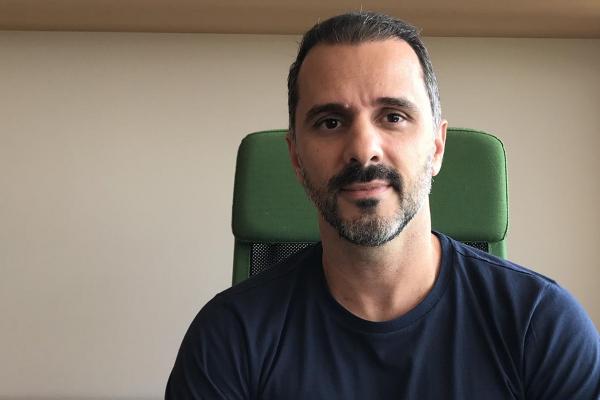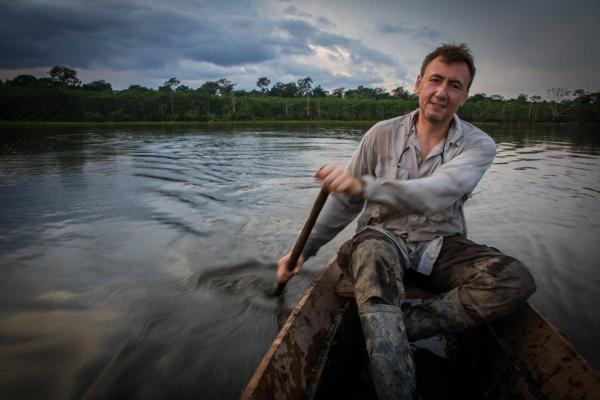Changing the way science is done in Europe is the first job in setting up the European open science cloud, a huge shared data repository that will enable data from all publicly-funded…
While it seems common sense that planting more trees should help remove carbon dioxide (CO2) from the atmosphere and thereby cool the planet, Europe's forest management strategies have actually…
We tend to take antibiotics for granted and not value them in a way that matches their lifesaving role, says Dr David Payne, head of the antibacterial discovery performance unit at…
High-risk, high-reward ideas in areas such as artificial intelligence (AI), blockchain and synthetic biology are typical contenders for support from the EU’s new European Innovation Council (EIC…
Entrepreneurship in Eastern Europe is on the rise, but more transparency about how funding is allocated would help it to grow further, says Kristina Tsvetanova, the US-based co-founder and CEO of…
Understanding more about how solar storms interact with the outermost part of Earth's environment, known as the foreshock, could refine space weather forecasts to predict their effects at a local…
Scientists in the Middle East are putting politics aside and using the region’s new particle accelerator, SESAME, to collaborate on experiments such as distinguishing between benign and malignant…
The number of undernourished people rose for the first time in over a decade in 2016 due to conflict and climate change, and more research is needed into how to increase the security of people’s food…
We live in an era where open data can pave the way to a more sustainable, secure and safe food system, according to Dr Panagiotis Zervas, senior project manager at Agroknow, a company that finds…
To many people, they are merely creepy-crawlies to be swatted away or avoided, but the planet we live on is dominated and run by insects, argues Professor Alexey Solodovnikov, curator of the beetle…


